Aizu are natural Japanese water sharpening stones, valued for their quality and effectiveness in sharpening knives and other sharp tools. They are formed from natural rocks quarried in the Aizu region of Fukushima Prefecture, Japan. These stones have a medium hardness and a fine-grained structure, which makes them suitable for both initial sharpening and finishing of blades.
Key features:
- GraininessA: Aizu stones are generally medium grained, usually around #800-#2000, making them ideal for everyday knife sharpening, removing minor defects and sharpening the blade.
- Hardness: They are generally of medium hardness, so they wear slowly enough, but require a little more skill to achieve the optimum result.
- Usage: The stone should be moistened with water before use to ensure it is properly wet. During sharpening, the water acts as a lubricant, reducing friction and helping to keep the surface clean.
- Purpose: Suitable for kitchen knives, carving tools and other small blades. Often used in combination with finer grit stones (e.g. #3000 or more) for final polishing.
Benefits:
- Gives a smooth and controlled sharpening.
- The natural composition ensures a delicate blade finish, avoiding too aggressive metal removal.
- Long-lasting if properly maintained.
Disadvantages:
- Natural Aizu stones can be more expensive than their synthetic counterparts.
- May be less forgiving for beginners compared to synthetic stones.
- Sometimes the surface of the stone may have natural unevenness, which requires regular maintenance (e.g. smoothing with a special smoothing stone or glass with silicon carbide).
Maintenance:
- After use, the stone should be washed and dried to remove metal particles and slurry.
- Store in a dry place to avoid cracks or mould.
Aizu stones are highly valued by sharpening enthusiasts and professionals, especially those who prefer traditional Japanese tools.

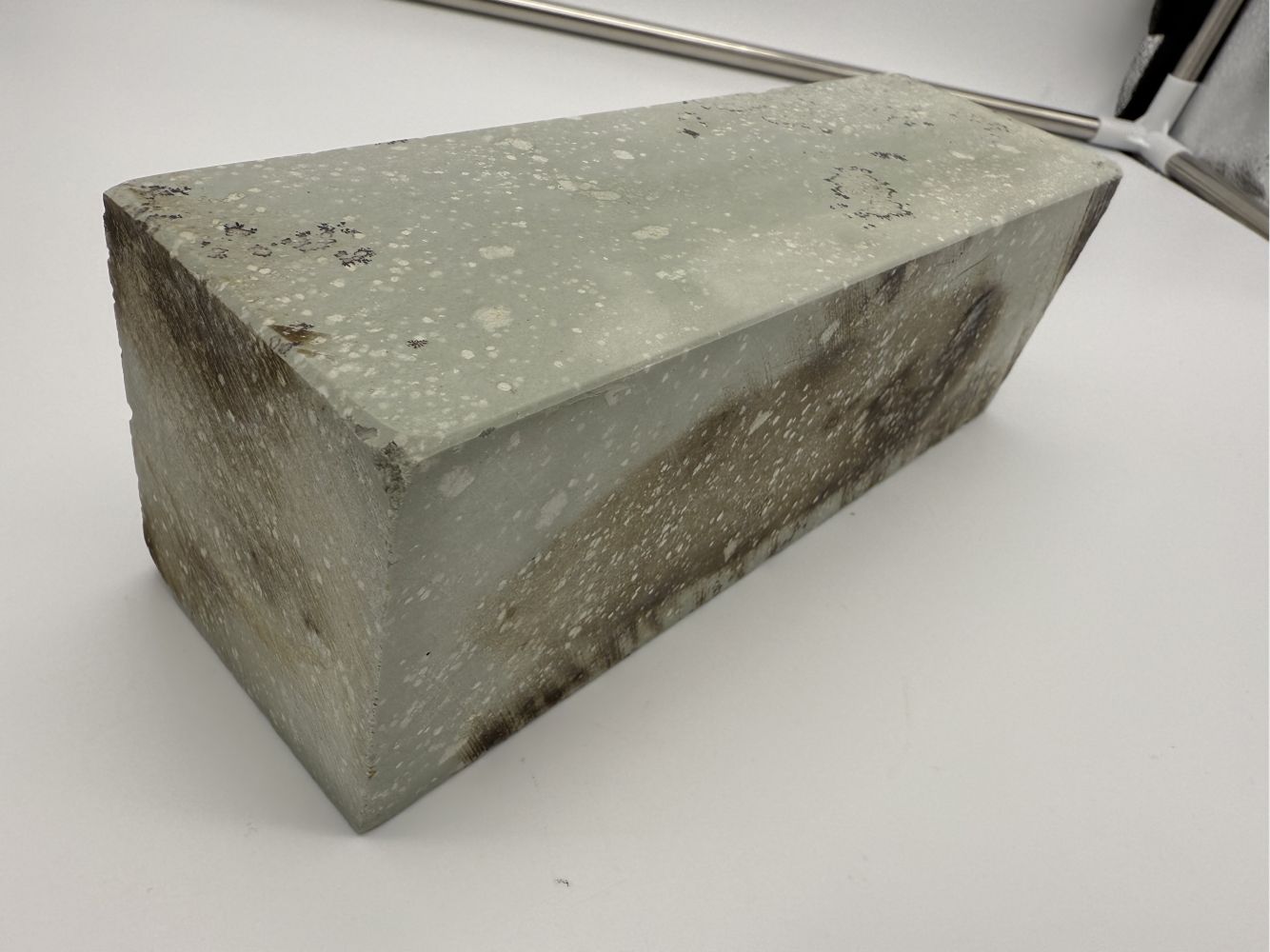
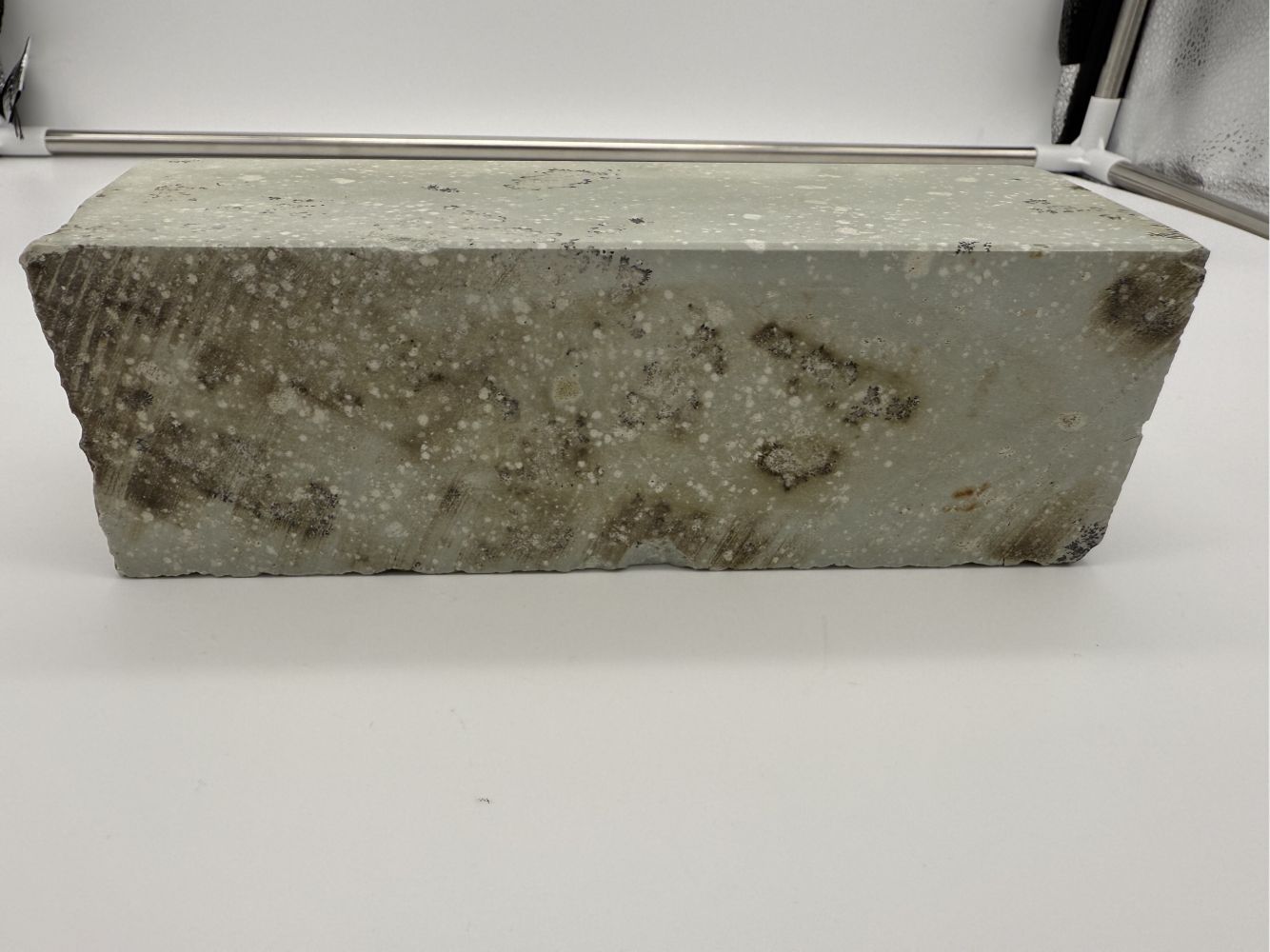
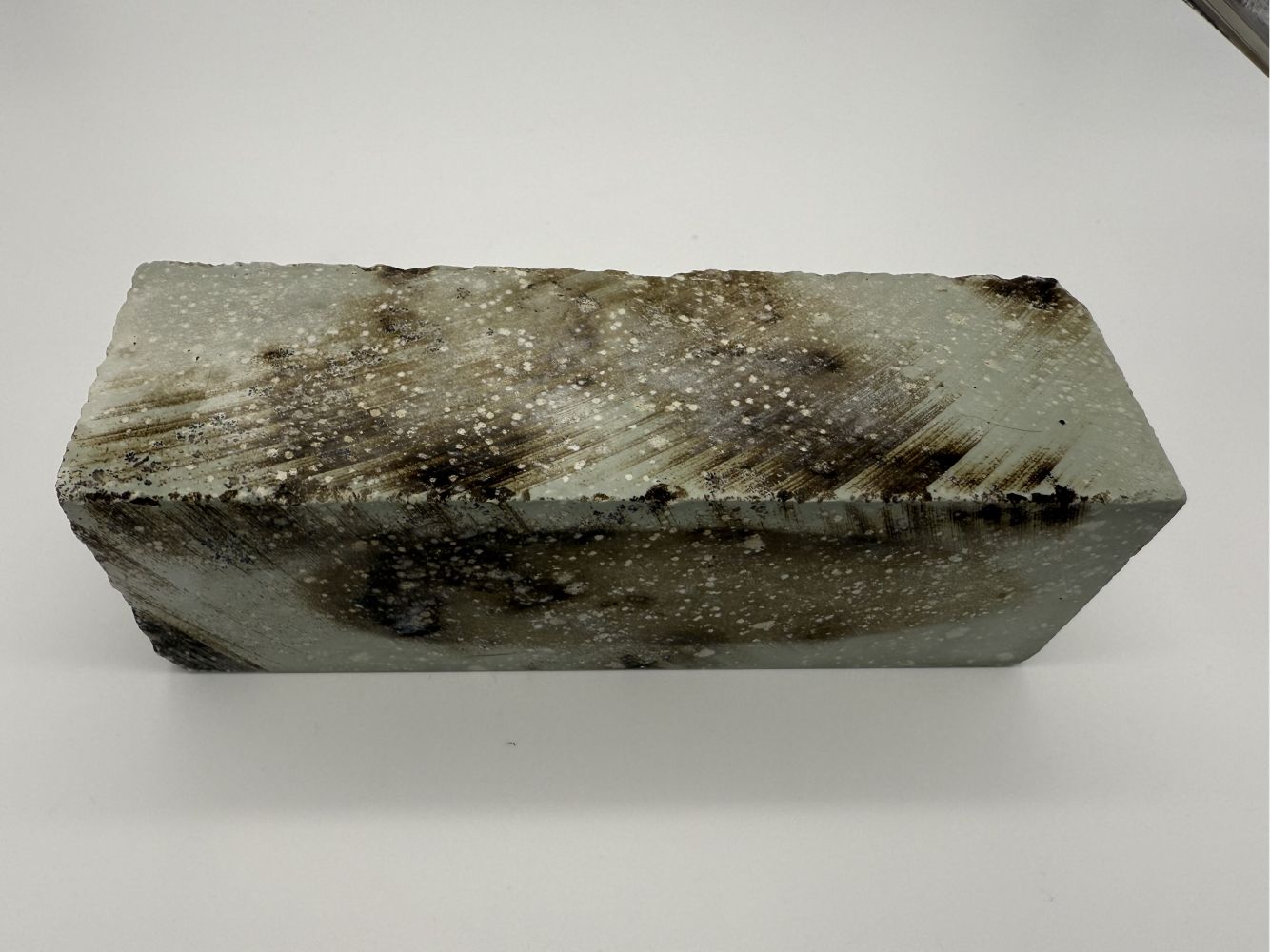
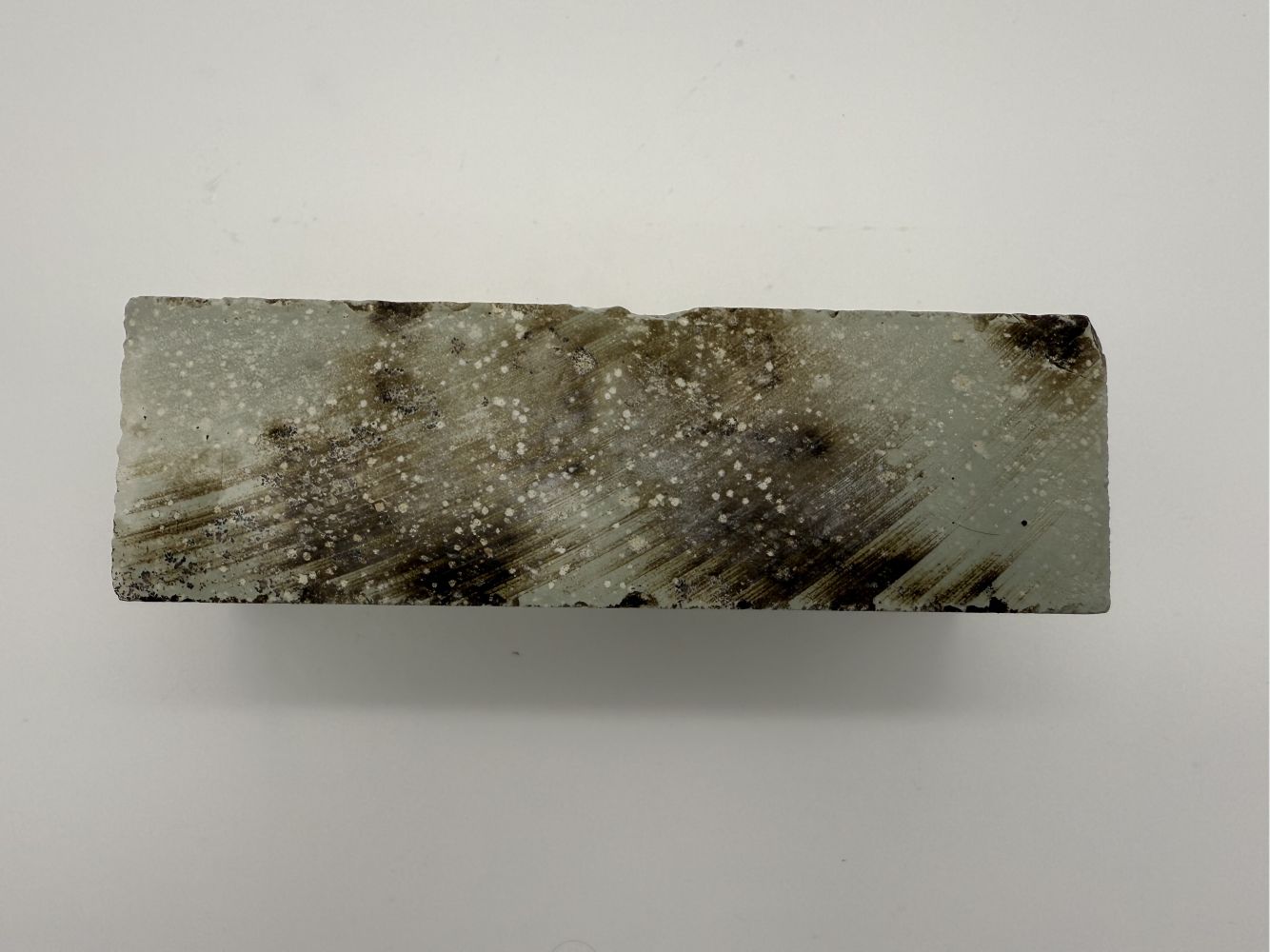
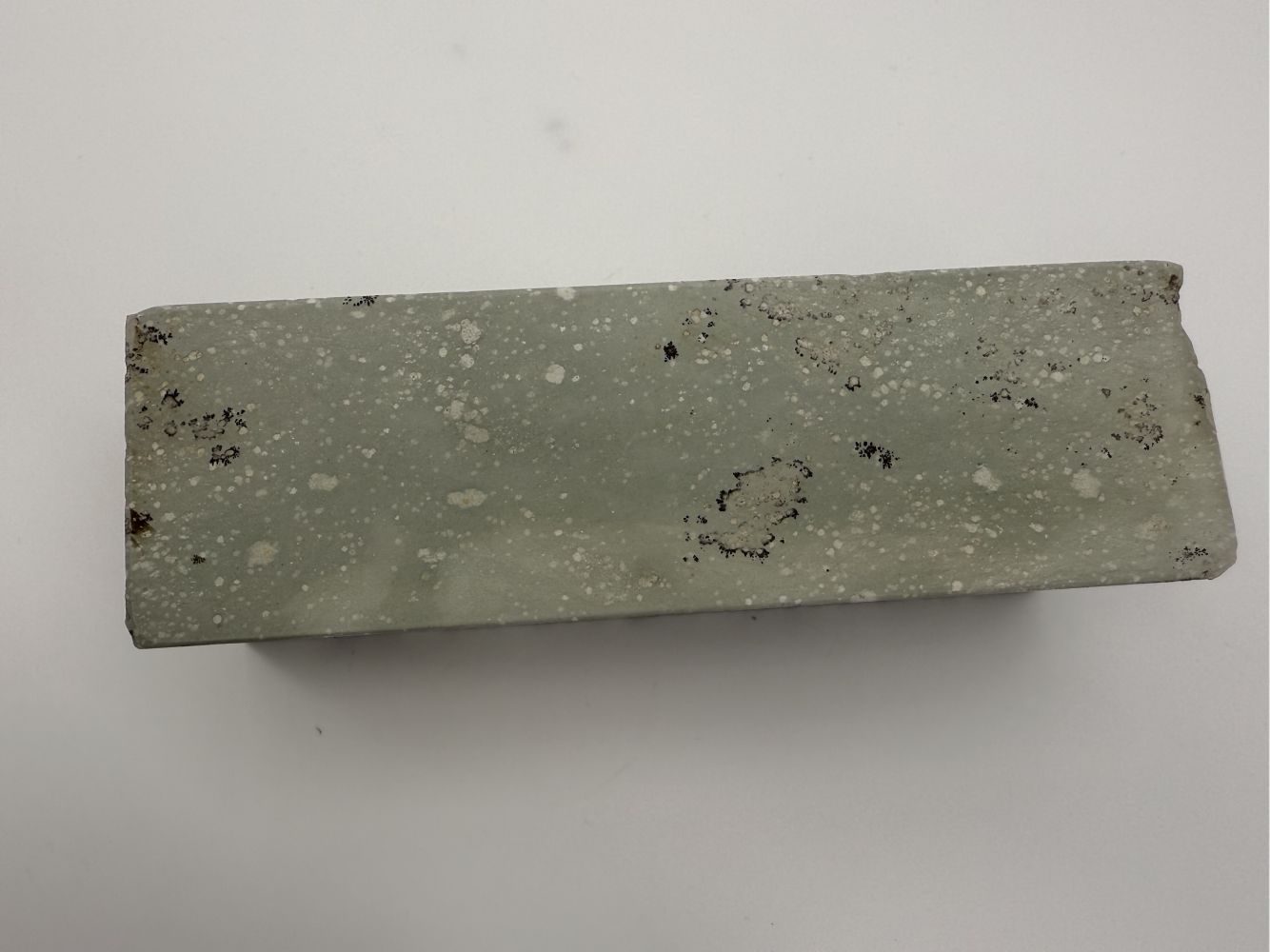
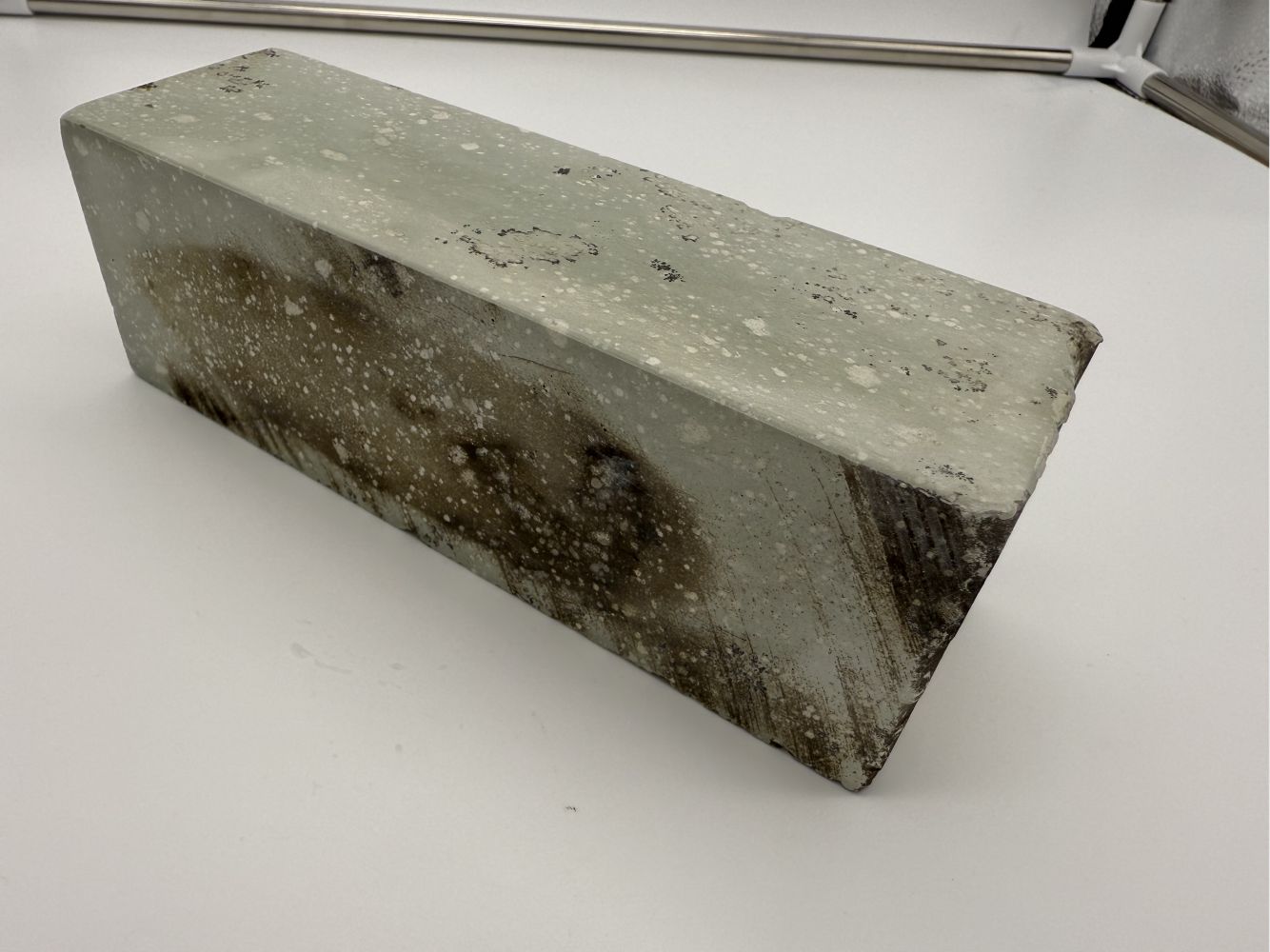
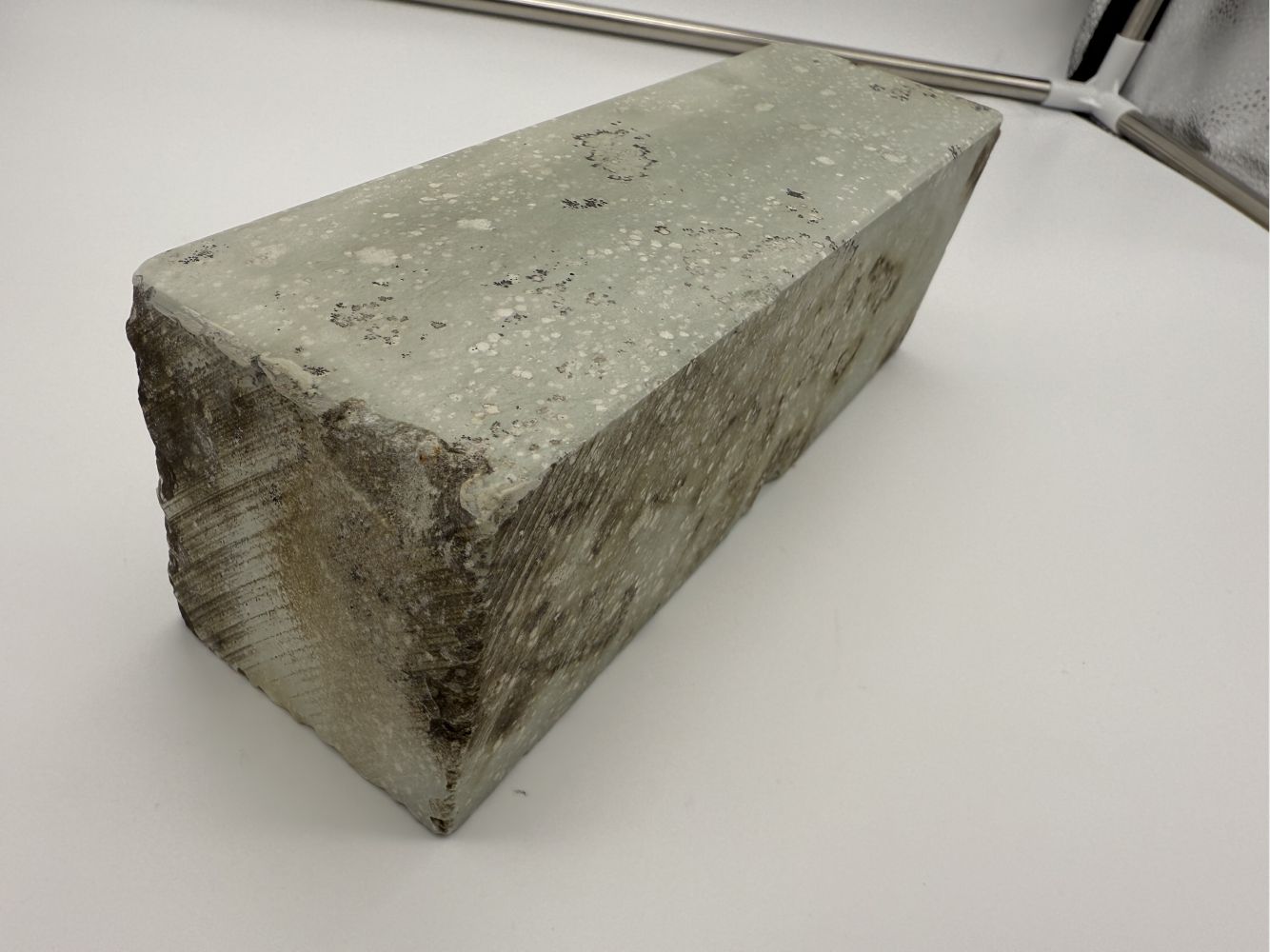
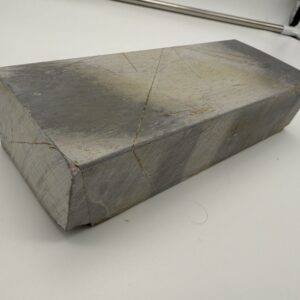
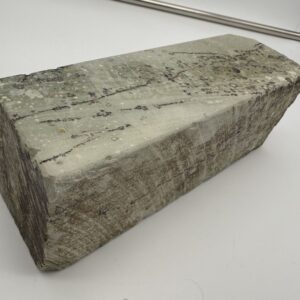
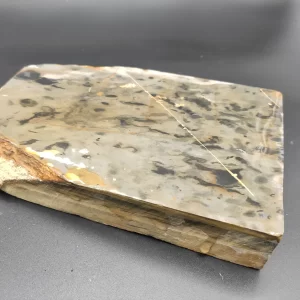
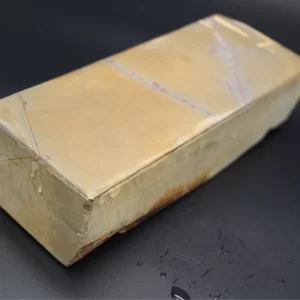


Reviews
There are no reviews yet.